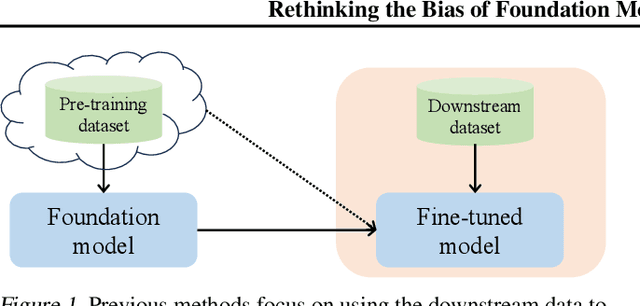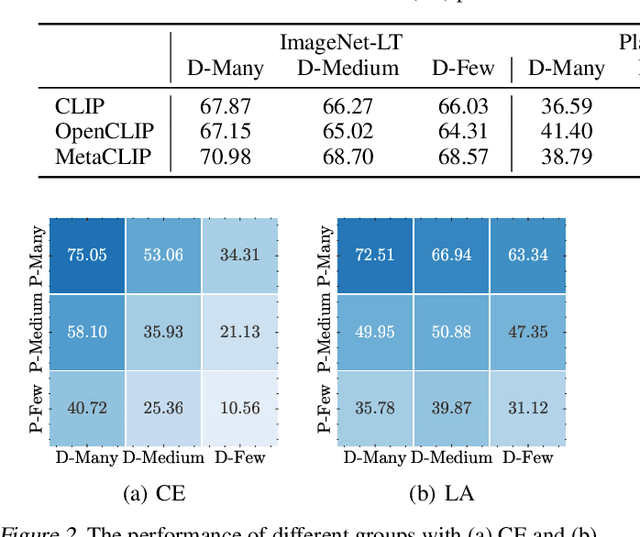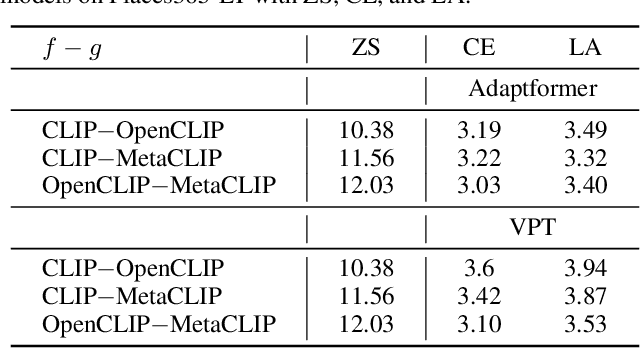Rethinking the Bias of Foundation Model under Long-tailed Distribution
Paper and Code
Jan 27, 2025



Long-tailed learning has garnered increasing attention due to its practical significance. Among the various approaches, the fine-tuning paradigm has gained considerable interest with the advent of foundation models. However, most existing methods primarily focus on leveraging knowledge from these models, overlooking the inherent biases introduced by the imbalanced training data they rely on. In this paper, we examine how such imbalances from pre-training affect long-tailed downstream tasks. Specifically, we find the imbalance biases inherited in foundation models on downstream task as parameter imbalance and data imbalance. During fine-tuning, we observe that parameter imbalance plays a more critical role, while data imbalance can be mitigated using existing re-balancing strategies. Moreover, we find that parameter imbalance cannot be effectively addressed by current re-balancing techniques, such as adjusting the logits, during training, unlike data imbalance. To tackle both imbalances simultaneously, we build our method on causal learning and view the incomplete semantic factor as the confounder, which brings spurious correlations between input samples and labels. To resolve the negative effects of this, we propose a novel backdoor adjustment method that learns the true causal effect between input samples and labels, rather than merely fitting the correlations in the data. Notably, we achieve an average performance increase of about $1.67\%$ on each dataset.
 Add to Chrome
Add to Chrome Add to Firefox
Add to Firefox Add to Edge
Add to Edge